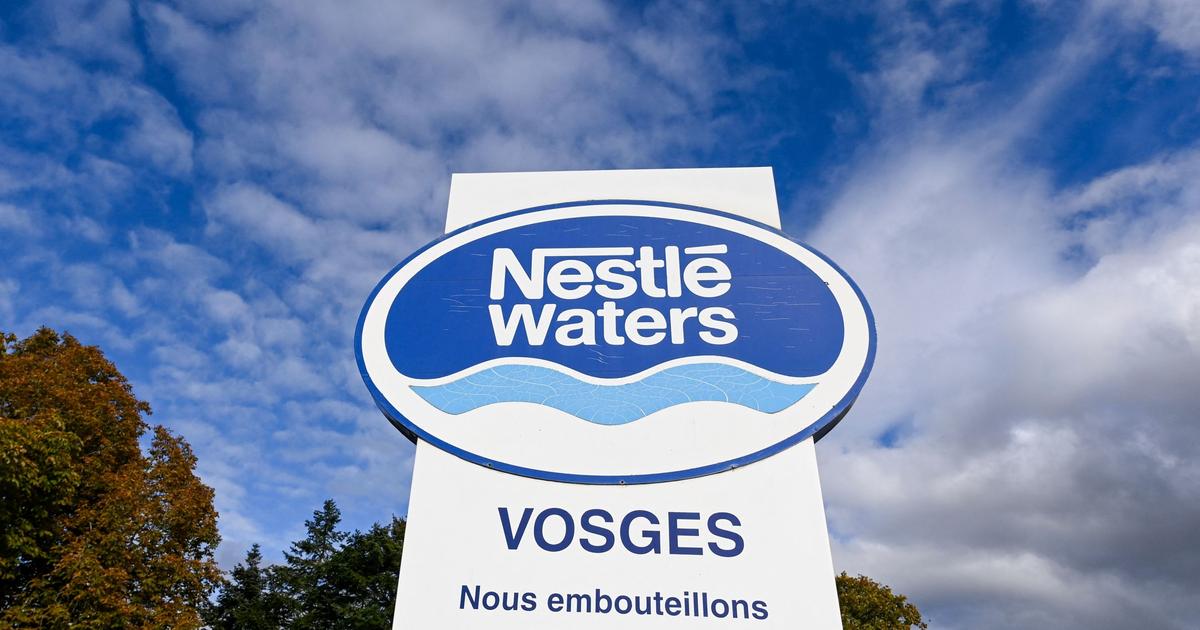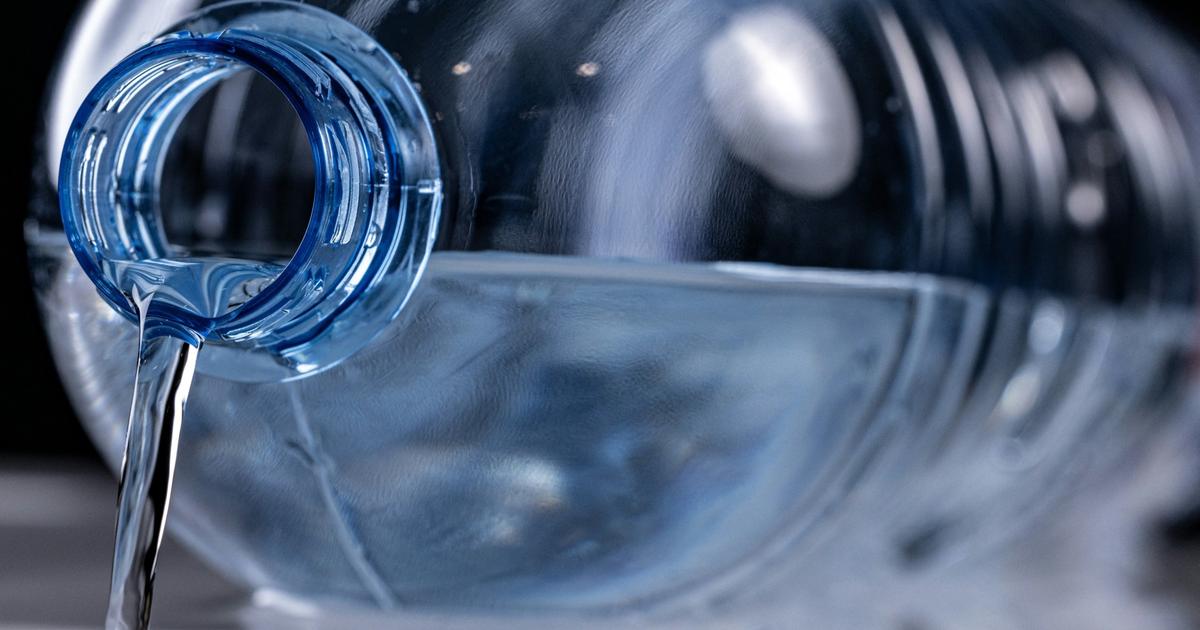Enlarge image
Vittel:
In the town of the same name, Nestlé extracts the mineral water - the water table sinks significantly
Photo:
Gwendoline Le Goff / imago images
The food giant Nestlé is apparently on the retreat with its much-criticized mineral water Vittel. As a spokeswoman for Nestlé confirmed on request, the group will not extend its distribution agreement with the supermarket discounter Lidl. The contract expires at the end of October 2021 "after a joint vote" with Lidl, the spokeswoman said. As one of the large grocery chains in Germany, Lidl is one of the most important sales channels for Vittel water in this country. At first, the spokeswoman did not want to comment on the reasons for the decision. Lidl was also initially unable to provide a statement.
The Nestlé spokeswoman also did not want to provide any specific information on other sales channels for Vittel in Germany.
The negotiations with other partners would take place in the usual annual framework and stretched over a few weeks, according to the spokeswoman.
Nestlé has been criticized for years with its Vittel mineral water.
The water has been pumped to the surface from various wells in the small French town of Vittel in the Vosges Mountains since the early 1990s.
According to media reports, Nestlé has permission from the local authorities to pump out up to a million cubic meters of water a year, which the company then fills in bottles and sells across Europe.
However, residents and nature conservationists criticize the fact that the groundwater level in Vittel is sinking as a result - the village is gradually drying up.
According to reports, the water table in Vittel drops about 30 centimeters year after year due to the activity of the food giant.
Rotten Vittel bottles discovered
Nestlé does not deny this: "We pump out more water than can naturally regenerate, which has caused the water table to fall every year for thirty years," said the director of the local Nestlé factory, Ronan Le Fanic, recently to ZDF.
"So there is nothing new in that."
However, Nestlé is now taking less water from the soil than allowed.
In addition, there have recently been reports that innumerable old and rotten Vittel plastic bottles were found in the natural surroundings of water extraction in Vittel.
Media reported about two wild landfills with such plastic waste that were discovered near the site.
Even the construction of a pipeline has been planned in the meantime.
So the residents of Vittel should be supplied with water from neighboring regions - so that Nestlé can continue to do business with the noble water from the place.
The project has since been buried again.
Nestlé has always defended its water production in Vittel, with reference, among other things, to the around 1000 people that the group employs in the French town. "However, we use water very responsibly, both at the sources and in our factories," said CEO
Mark Schneider
(56) in an interview with manager magazin last year. "The fact that the world's largest food company still has to be a target again and again can never be completely avoided."
Meanwhile, the group is selling parts of its water business.
According to the 2020 annual report, the sale of the regional spring water brands, the business with processed bottled water and the beverage delivery service in the USA and Canada were agreed.
The decided cut in the German Vittel business should fit into the picture.
Overall, Nestlé's sales of mineral water suffered worldwide, especially during the Corona period.
This emerges from the business results that the group published at the beginning of the year for the Corona year 2020.
According to this, Nestlé recorded a decline in sales of around 9 percent to a total of 84.3 billion Swiss francs (78.7 billion euros) last year.
The Group's operating profit fell 8.3 percent to 14.9 billion Swiss francs.
As a result of the Corona, sales increased in particular with products that customers can consume in their own four walls, such as dairy products or coffee.
On the other hand, sales via out-of-home channels such as gastronomy fell sharply.
In this context, the Group's sales of mineral water, which is usually also often consumed on the go, also fell during the period in question.
cr








/cloudfront-eu-central-1.images.arcpublishing.com/prisa/2C5HI6YHNFHDLJSBNWHOIAS2AE.jpeg)




